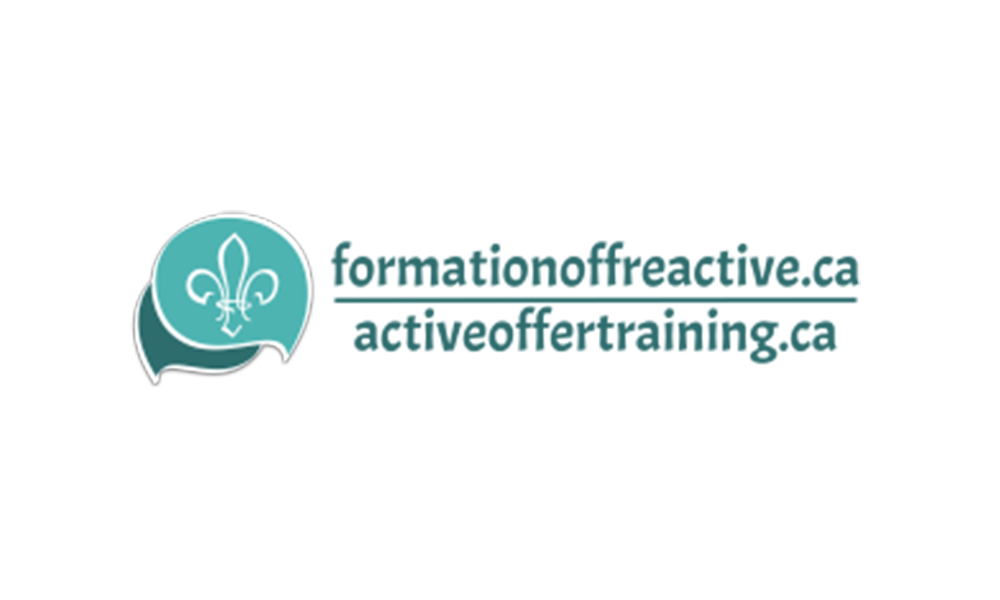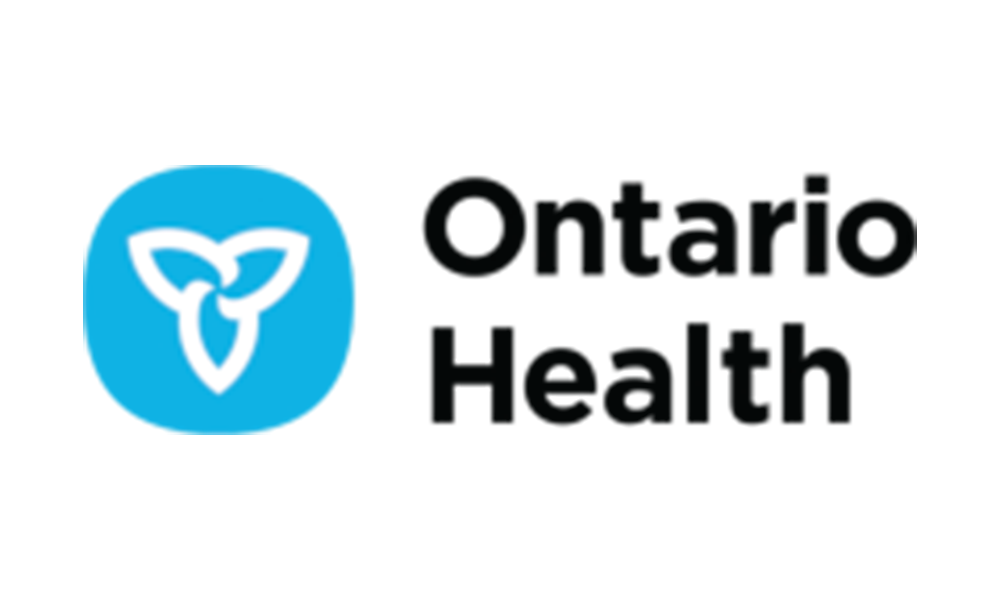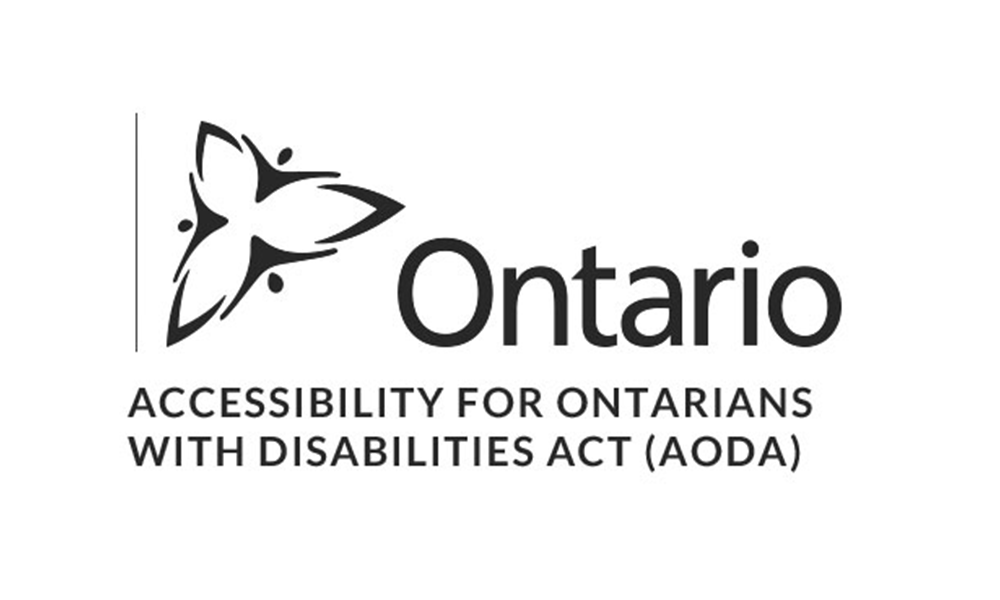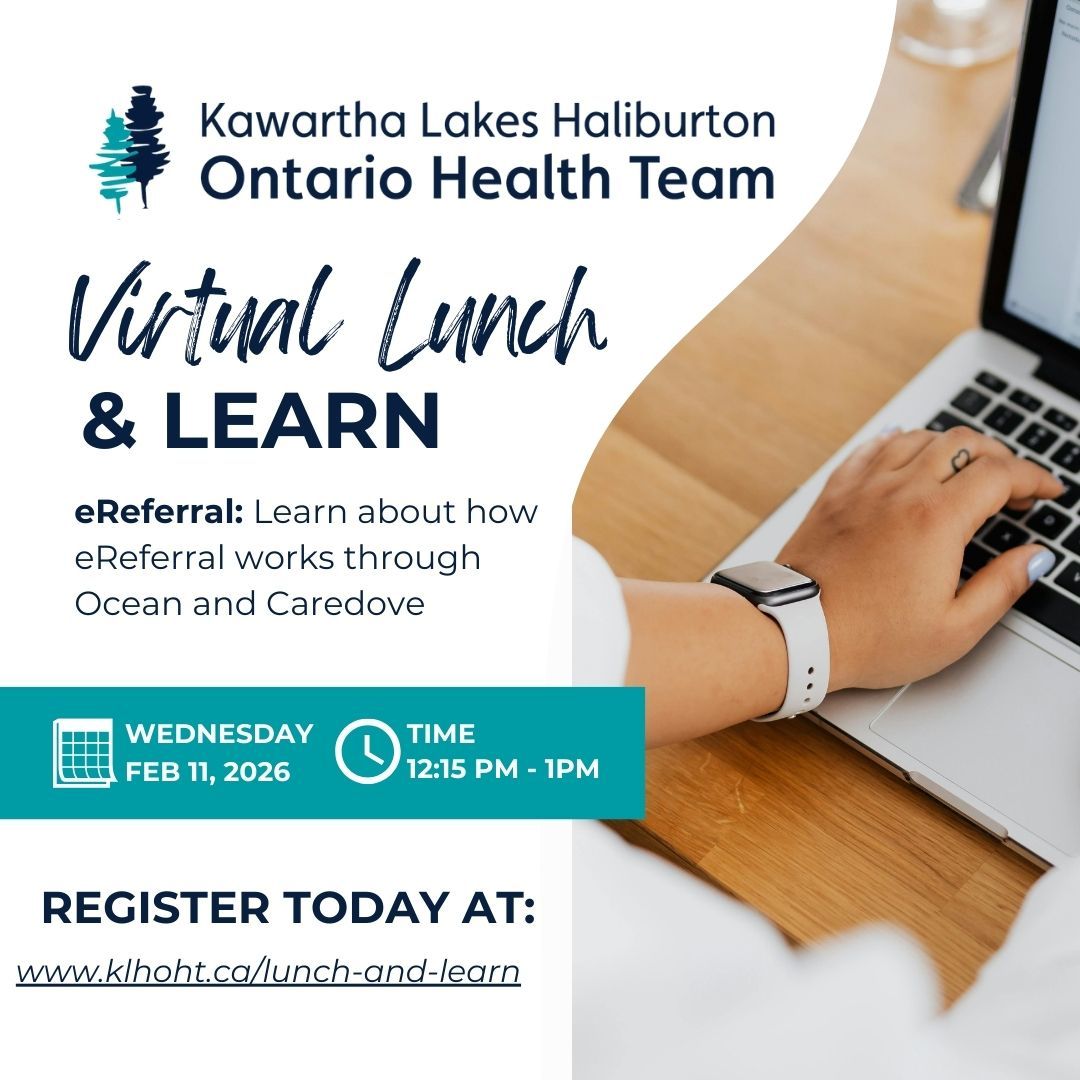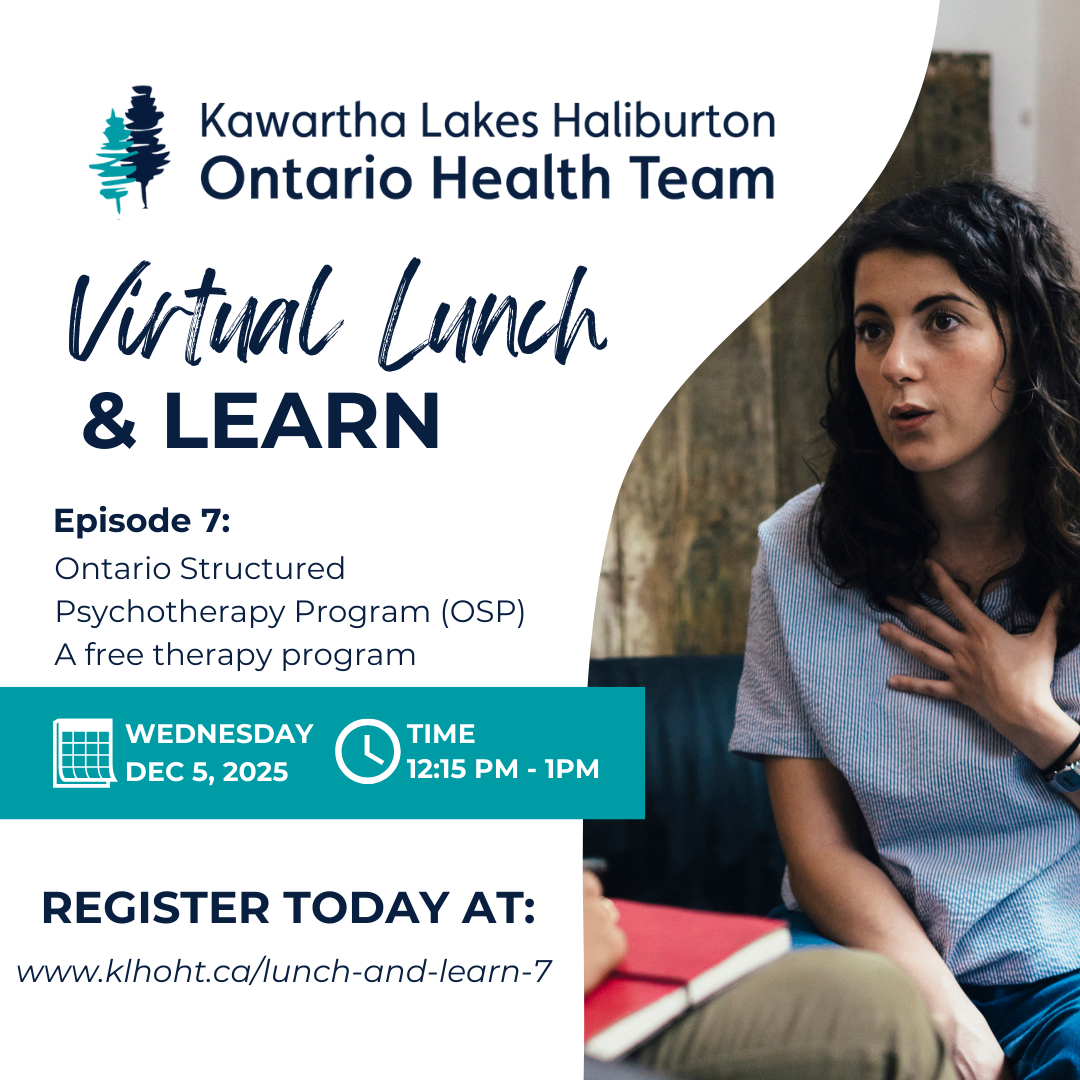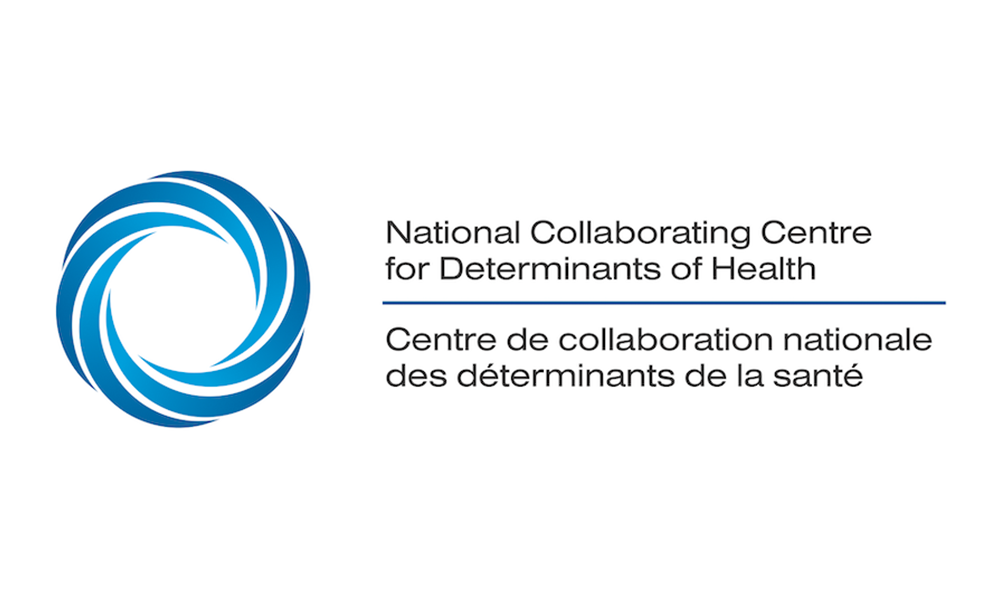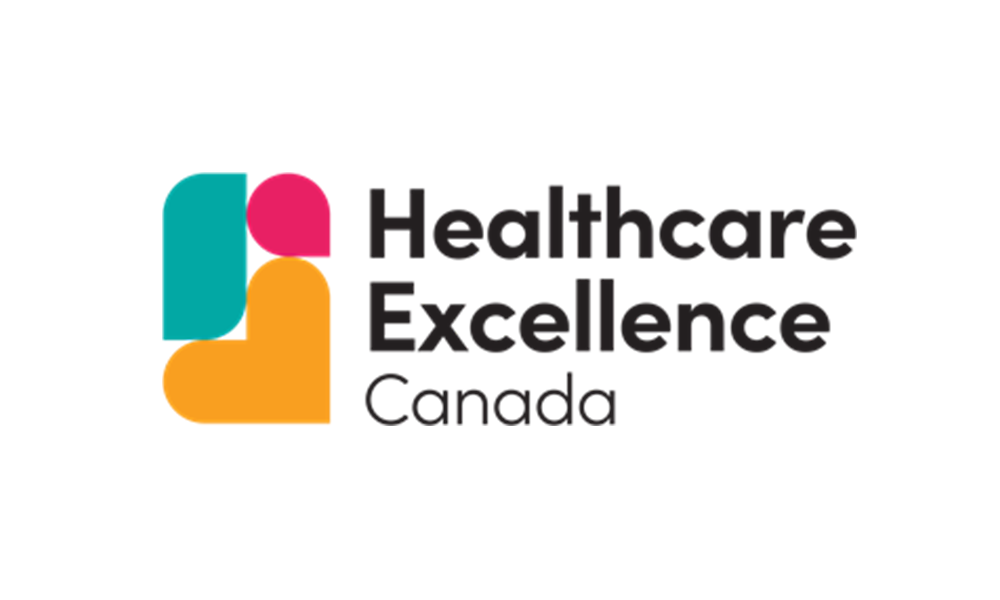City of Kawartha Lakes Family Health Team applauds funding increase by Ontario government to deliver primary care to more patients
KAWARTHA LAKES, ON (February 15, 2023) – City of Kawartha Lakes Family Health Team welcomes an additional investment of $440,000 per year by Ontario’s government. The funding increase announced today by Haliburton-Kawartha Lakes-Brock MPP Laurie Scott will pay for more direct care staff and resources to serve our community.
With this additional funding, City of Kawartha Lakes Family Health Team will be able to recruit two additional nurse practitioners and one additional administrative support member to our growing team. This will enable to us to expand our programs and services to the growing number of unattached patients in the City of Kawartha Lakes.
“On behalf of the board, staff, physicians, and community, we applaud Ontario Ministry of Health’s recognition for support toward team-based primary health care, and specifically, toward the community of Kawartha Lakes where there is a continued need for health care services for the unattached population,” says Aasif Khakoo, Executive Director for the City of Kawartha Lakes Family Health Team. “A very special thank you to MPP Scott for her tireless support to the City of Kawartha Lakes Family Health Team, and the constituents of Haliburton, Kawartha Lakes and Brock. Like many communities across Ontario with similar demographics, our community needs a continued infusion of resources toward strengthening primary care for all residents in the region, including physicians, nurse practitioners, and integrated healthcare professionals. Today’s announcement is a strong and positive step forward for the community.”
City of Kawartha Lakes Family Health Team and our affiliated physicians provide team-based interprofessional care to approximately 35,000 individuals and families via multiple locations in Kawartha Lakes. The model of team-based primary care provided by City of Kawartha Lakes Family Health Team is proven to offer more timely access to comprehensive, coordinated, and continuous care to patients while leading to cost savings for our health system. Team-based primary care is also a key aspect of health transformation to bring together coordinated and integrated care for Ontarians.
The team at City of Kawartha Lakes Family Health Team looks forward to continuing to work with the Ontario government to increase access to team-based primary care for Ontarians and people in our community.
About City of Kawartha Lakes Family Health Team:
The City of Kawartha Lakes Family Health team (CKLFHT) provides primary care to some 35,000 patients at 13 locations across the City. CKLFHT provides high-quality, patient-centred care through a team of primary care professionals. Working collaboratively, CKLFHT supports the community through the skills and expertise of family doctors, nurse practitioners, nurses, registered dietitians, pharmacists, social workers, receptionists, phlebotomists, an occupational therapist, and a respiratory therapist. CKLFHT’s vision is for every resident of the City of Kawartha Lakes to have access to local team-based primary care. CKLFHT’s mission is deliver coordinated, high-quality, cost-effective, patient-centered primary care in a collaborative team model.
Share this Post
More News

